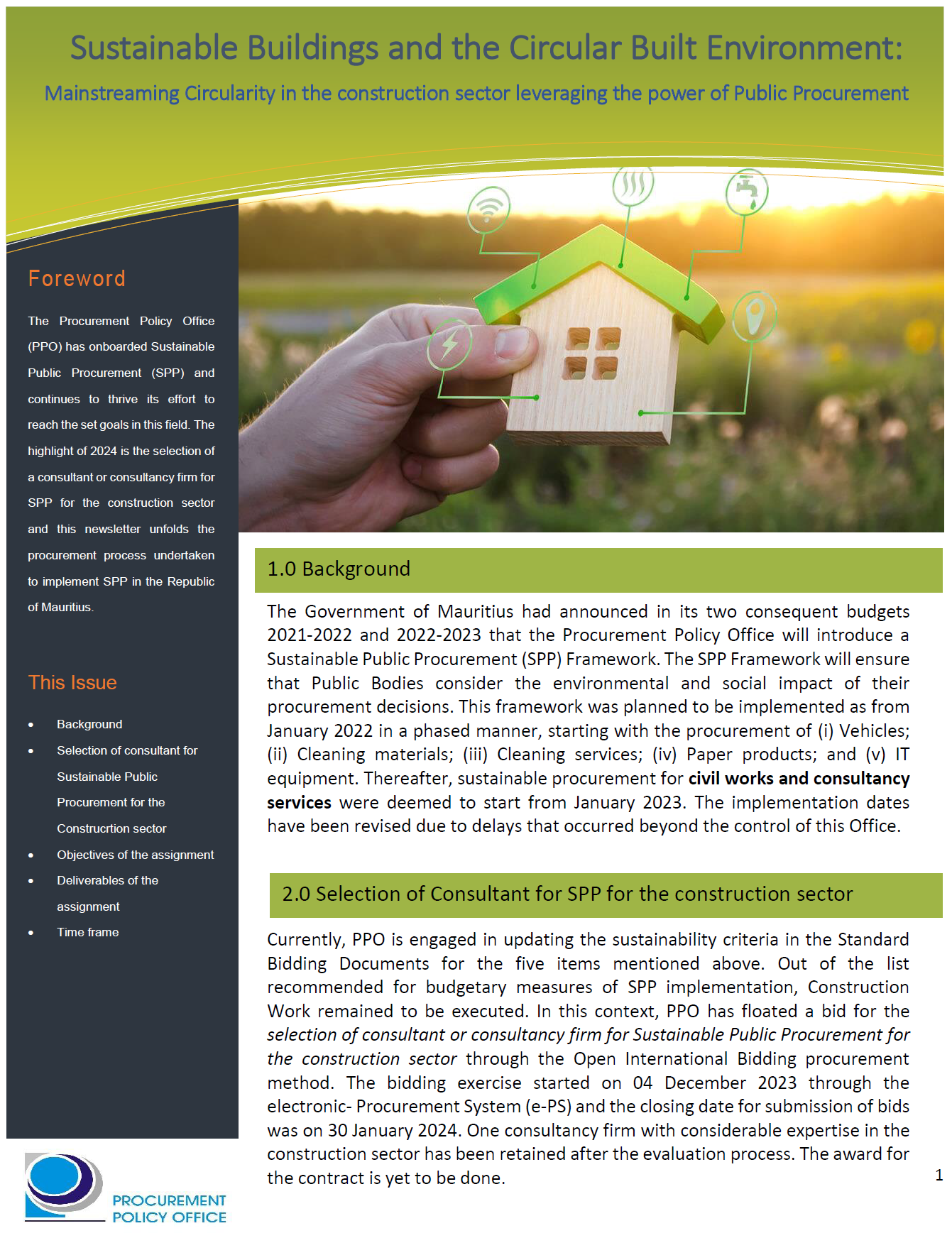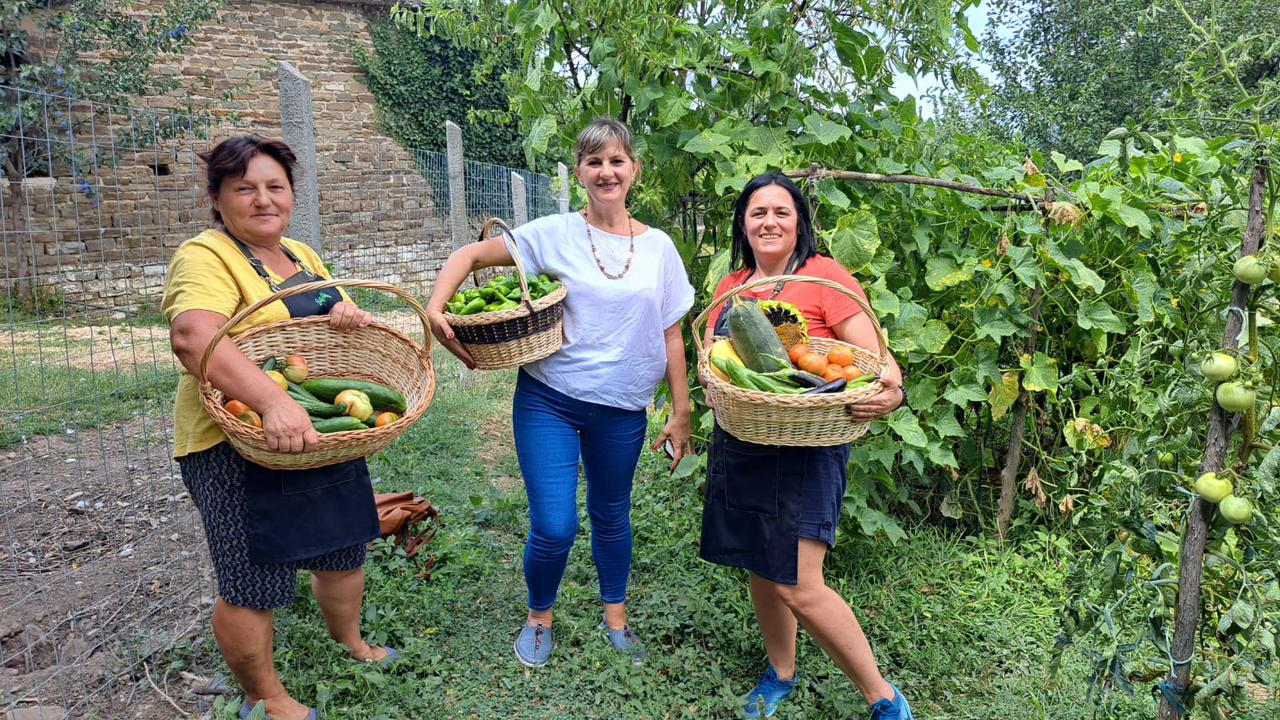Eco - Labelling, Global Agrifood Chains And Agro – Tourism Destinations: Significance Of Cocoa Farm Tours To Ghana (West Africa)
Eco - labelled chocolate and appetite whetting consumers crave to visit cocoa production sites in Ghana as the foremost agrotourism destination haven to put smiles on the faces of sustainable cocoa communities. Eco-label and standards craze products should reward producers as consumers continue to place high premium on chocolates and cocoa products. Agrotourism may bring consumers of cocoa closer to local communities and appreciate their plight, lifestyles and greener environments in Ghana.
Sustainable consumption and production entails a more judicious use of natural resources for the benefit of all societies.
The main objective of this enterprise is to connect
1. To develop a tool for business that bring synergies of consumerism, ecolabelling and global agrifood chains as the channel to link agro – tourism destinations for the benefit of developed and developing countries.
Agro tourism as a leisure activity has been operational in many countries and geared towards the tasting of rural environment and culture as tourists make the long mileage to avoid mass tourism. However they may be interested to explore natural production sites of cocoa and habitats of fauna. The Global agrifood chain is the connection for customers who would want to experience natural products and environmentally friendly areas and tour activities that meet their expectations.
Voluntary sustainable standards involving cocoa have arisen to address environmental, and social and economic issues. The scheme have limited impact on addressing the livelihood issue as farmers continue to live in poverty. The lifestyles of the producers should be enhanced through agrotourism. Living in the rural areas entails lots of sacrifices, therefore the international market price of the produce should be high to help the producers and families live meaningfully. The implementation of voluntary sustainable standards agricultural products have come under close scrutiny from the farm gate to the final consumer. Tourism is recognized as a powerful tool for social and economic development .It creates avenues to reduce poverty mainly through the provision of jobs, enterprises and infrastructural development. Agro tourism can make a significant contribution to the three dimension of sustainable development as it has close linkages to the mix of sustainable development goals. Voluntary standards as a driver of consumer’s choices do not only function as an information tool but rather as signs which could be interpreted amongst other criteria to determine choices with the right impact.
The identification of the tourism markets with the right orientation and motivation for tourists and to offer the best platform for our tourists is our dream. The project do welcome our potential tourists with the desired travelling options by opting to tour the production areas from where their sustainable products are produced. Through the impacts of eco labels and the accompanying standards, consumers of cocoa would have the desire to make alternative travelling routes to Ghana and observe at first hand where and how the main crops are produced. Our activities are:
1 To harness and improve the capacities of stakeholders of the agrotourism destinations as key knowledge centers for ecolabels, standards and consumers
2. Identify the market segment of agrotourism enthusiasts to champion the cause for natural resource efficiency and utilization for a more sustainable consumption and production operations.
3. To position properly the business of agrotourism destinations as a fallout from the operations of the Global agrifood chains vis- a -vis the exciting programme to Ghana.
Voluntary standards recognizes the power of consumers, by giving them the options to make choices according to their priorities and brings along a business model is product and context specific. The partners across the food value chain play an important role in enabling consumers to act on complex product-specific information and to make informed choices and ably supported by awareness-raising and a broader public education strategy.
Ghana is ranked as the second most important producer of high grade cocoa and adhere to the strict regime of voluntary sustainability. Our project is to focus on tourists and tourism partners to promote the potentials of agrotourism destination with cultural and heritage tourism as the way forward. The potential keg of gold that could be derived through cocoa agrotourism is based on ecolabels and standards would bring in additional revenues for the producers. As an agrotourism destination, the joy of producers would be to meet the consumers of ecolabelled and standards produced cocoa and become the leading destination and star attractive place for tourists who may prefer agrotourism as an alternative to mass tourism and re - channel their tourism routes to Ghana.
Ecolabelling and certification schemes are increasingly being used in the global trade for the marketing of chocolates and other products such as skin moisturizers to the satisfaction of consumers. Conformance with the voluntary standards guarantees that the value chain of cocoa production enterprises are sustainably managed and right indicators are followed In addition the thresholds, criteria of environmental sustainability, social and cultural values deemed important by the scheme’s originators are maintained. In effect, consumers may create a multiplier effect through consumer networks and buying trends as an effective promotional tool for sustainable resource use who may do so as an appreciation of eco- labelled products. The most decisive factor is to advocate and facilitate for the development and growth of this sector in the tourism industry which has very significant alignment for improvement and prosperity of local food producers. The contributions of consumers who are fixed and depends on ecolabels and standards may appreciate the need to make advances that would have direct impact on the lives of identified groups of producers and their communities.
There is the need to get more groups in this initiative as the Global Agrifood chain is quite diverse and more partners are needed to join this platform for the desired results. This initiative should be for prospective societies to examine current ways of production that would enhance the lifestyle of producers from developing countries as against the rich and developed countries who may be the recipients of the sustaianable produced goods. All are welcomed to be on board.

